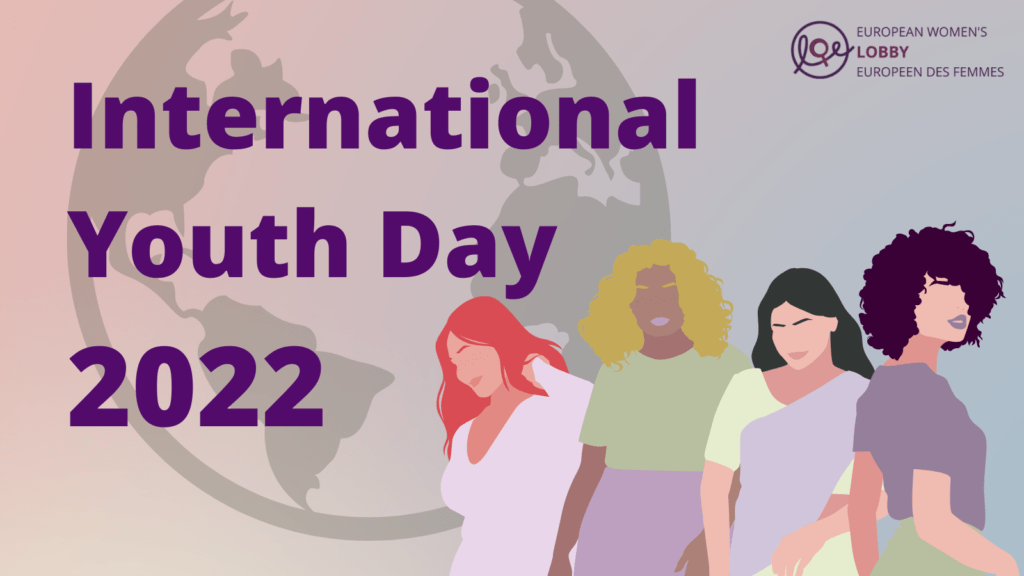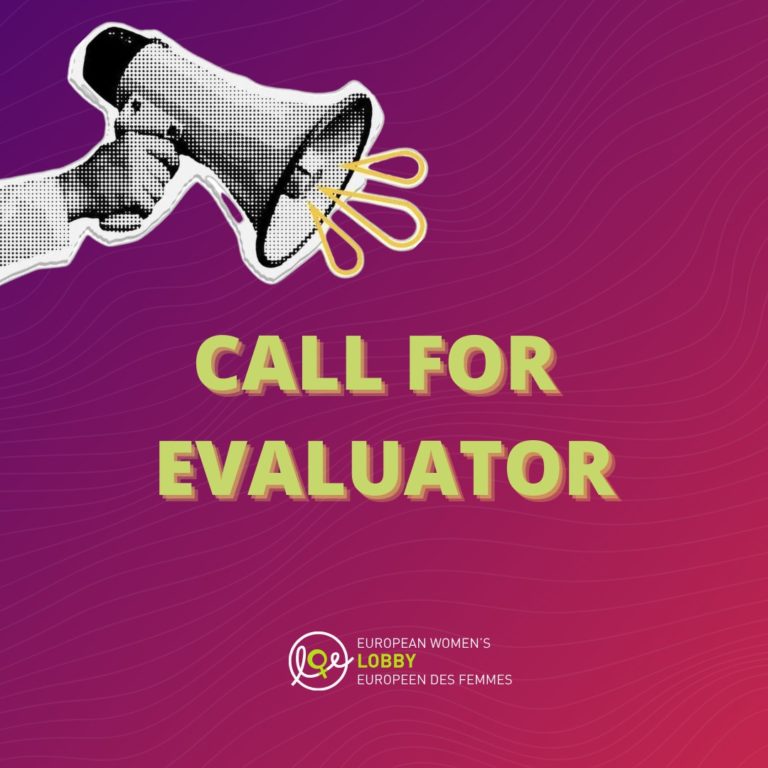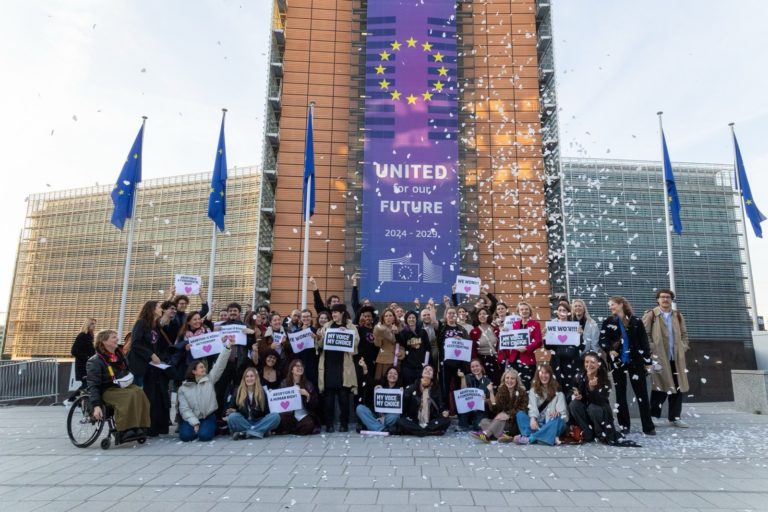[Brussels, 8 August 2022] Each year on 12 August, we mark International Youth Day – an opportunity for the world leaders and society as a whole to draw attention to issues concerning young people worldwide.
As the largest umbrella of women’s organisations in Europe, the European Women’s Lobby is once again using this occasion to highlight the work of its members. The struggle to achieve a just, prosperous and feminist Europe requires dedication, passion and a strong will to create space for the next generation of feminists, and the following story from Serbia shows how big of an impact these efforts can accomplish.
In Serbia, one in four young men think that a slap on the face isn’t really violence. One in three young people, regardless of sex, think that a girl is to blame if she was assaulted while wearing a short or tight shirt.
At the same time, more than half of high school girls have experienced sexual harassment online, and every third young woman has been sexually harassed at university by a staff member.
Almost 10% of high school girls have had the experience of having their privately sent photos leaked online, and one third of those who have experienced recurrent cyber violence were targeted by their partner or ex-partner. The most common feelings that girls experience during situations of cyber violence are fear and helplessness – these are all facts from the research conducted by the Autonomous Women’s Centre within the program „I Can Say No – Love Is Not Violence!“
In a society lacking sexuality education, young women (and men) learn about the changes their bodies go through, their sexuality, relationships, and sex and violence in relationships all on their own, with their peers, online or from magazines. Information is seemingly abundant, however, much of it is false. In a myriad of TikTok videos, Instagram posts and porn sites – which often strengthen rigid gender roles, impose unrealistic beauty standards and standards for relationships and sex, therefore normalizing violent behavior – young women are left to their own devices to discover what is true or false, and what is toxic or not.
For the last couple of years, the Autonomous Women’s Centre has been intensely working on a program aimed at preventing violence against women in youth partner relationships, through direct work with young people and high school staff. Using a peer approach means that young women themselves participate in both the development and implementation of the program, and in this way, they pass on knowledge to each other about how to recognize and resist different types of violence, whether it happens to them or to the girls in their environment. With female peer educators as workshop facilitators, young people feel freer to talk about their experiences as a safe space is created where there are no taboos.
With more than 1,500 young people who participated in our workshops, we began to realize that these activities do not only contribute to primary violence prevention – because during the workshop many girls began to identify as violence something that they had previously perceived as normal, or as a minor inconvenience.
Young women, peer educators, participated in creating a short movie titled “I Can Say No,” where they talked about how they see youth partner relationships, what they personally gained through the process of becoming a peer educator, as well as why women’s solidarity is important to them.
The whole movie available on YouTube here and below.
Note: To activate subtitles in English, please choose Subtitles 2: English.
This article is a part of the International Youth Day 2022 series. For more stories about young feminist engagement from EWL members, please visit this section of our website and follow us on Twitter, Facebook and Instagram.



